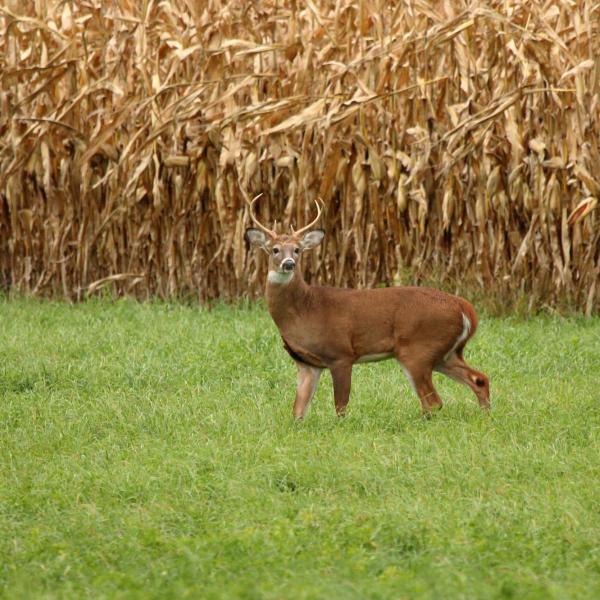Hunting For Wildlife Management
Hunting is a valuable tool for helping to manage wildlife, particularly the state's deer herd, which can cause significant crop damage and expose livestock to disease.
Hunting seasons for deer and other wildlife provide opportunities for landowners to profit from lease arrangements that provide hunters the ability to engage in the sport on the landowner's privately owned land in return for payment. Yet, many landowners are reluctant to allow hunters on their land due to liability concerns.

Limited Liability Protection For Landowners
It's important to know that Part 733 of the state Natural Resources and Environmental Protection Act provides landowners with premises liability protection when a third party is injured on the landowner's property regardless of whether the people entering the property have permission or not, or whether the landowner charges fees or not.
This means that farm owners that lease their property to a lessee for the purpose of fishing or hunting have legal protections against potential lawsuits. In order for the landowner to be held liable, the person bringing suit must prove that the owner:
- Knew or had reason to know of a condition or risk,
- Failed to exercise reasonable care to make the condition safe, or to warn the person of the risk, and
- The person injured had no reason to know of the condition or risk.
For example, if any accident happens while a lessee is hunting, and the accident pertains to the inherent risks of hunting, the court will likely consider the lessee to have had a reason to know that hunting involves risk and the owner would likely not be liable. Although the Act's protections are not absolute, the law seeks to limit a farm owner's liability when he or she leases land for recreational purposes with the goal of making land and water areas more available to the public for outdoor recreational activities.
Sample Hunting Lease Agreement
To make hunting lease arrangements less troubling for landowners, Michigan Farm Bureau created a sample hunting lease agreement. The form sets forth guidelines for landowners and hunters so that both parties can enter a lease arrangement with greater confidence.
The intent of the sample hunting lease agreement is to serve only as a guide. The parties should consult an attorney to draft a more detailed lease or to modify the suggested lease agreement.
Download the sample hunting lease agreement and follow the recommended instructions below.
- Read the entire agreement.
- Do not add or cross out any words except for filling in the blanks.
- If there is anything you do not understand, ask a lawyer for an explanation.
- Only persons ages 18 or older should sign the lease.
- Minors of legal hunting age must have the lease co-signed by a parent or guardian.
Additional Resources
- Visit the Michigan Department of Natural Resource's website for additional hunting and trapping information.
- Visit the Michigan Sportsmen Against Hunger's website for information about donating wild game to people in need.
